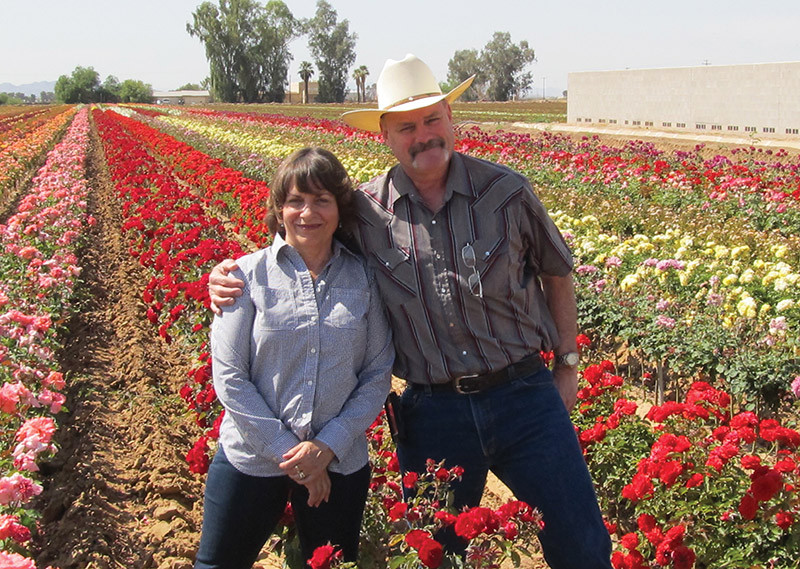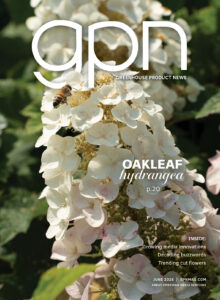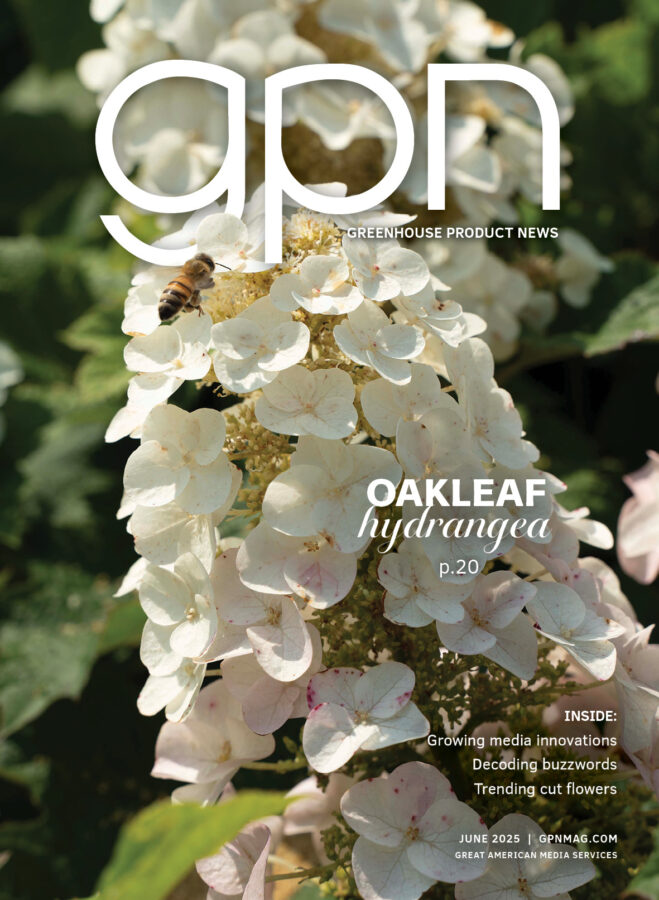
Proactive vs. Reactive
OK … which category do you fall under? Which category does the business you work for fall under? When a situation arises and you find yourself at a crossroads, which one would you prefer to be in? Unfortunately, by the time a situation arises you are automatically in the reactive category.
Both approaches have their place, depending on the specific situation. Ann and I find ourselves more often on the proactive side in most cases. If you stay on top of things more, you can usually manage them better and sometimes plan ahead to minimize disruption or losses. On the other hand, if you are more reactive and like to wait until things happen, then you deal with the outcome as it happens and save unnecessary costs that might never occur.
Then we have another category: over-reactive. Quite often a grower will tell Ann that they are not sure which fungicide(s) to use so they use what they think (hope) will work. The “shoot from the hip” approach is common. They often will make complicated tank mixes to cover all bases since they don’t have time to figure out exactly what the problem is. Talk about over- reactive — waiting until you see a problem to address it nearly always involves more costly, time-consuming and usually less-effective strategies.
A good IPM program should be run proactively; staying on top of things is always better and more effective. Sometimes a single, well-chosen application on a preventative basis is all that is needed to head off a disease or pest outbreak. This is never more obvious than changing how you irrigate. Overhead irrigation is perfect for creating many diseases. The same diseases won’t occur if the leaves stay dry. Unfortunately, the type of irrigation system is rarely chosen to minimize disease since growers don’t choose most of the greenhouse structures including how to irrigate. Growers are already behind in prevention which is one reason that reactive approach becomes so common.
When we purchase a car/truck it’s a major investment, we must keep up on the maintenance or we end up with a major set back. Thinking proactively and keeping a schedule usually keeps things working smoothly like oil changes, tire rotations, etc. This is a great example of doing small preventative maintenance that if ignored can result in real engine damage.
I talk with people all the time about different vehicles; we all know how expensive it is when we find ourselves having to fix something. Understanding we’re all in different financial situations, I sometimes think its funny that I’ll be talking with a guy and he’ll tell me that this part on his truck needs to be replaced, but he just doesn’t feel like taking it in to get fixed.
Turns out it has nothing to do with the cost, he just doesn’t see the importance of it. So, my first thought is OK you’re spending more on gas every month and probably by the time you actually get to fixing it, it will cost more.
We see the same thing with our own health. Somehow when we are young most of us cannot imagine a time when we won’t be able to eat and drink anything we want. An over abundance of cheap, high fat, salt and sugar foods in the United States has led us into a national epidemic of severe obesity, which can lead to diabetes. I remember growing up hearing about how if you stopped smoking your lungs would slowly recover much of the damage caused by smoking. Unfortunately, some things cannot be reversed once they occur. Diseases like diabetes can also be reversed if caught early for some people, while the avoidance of prevention leads other people to an early death. The extreme procedure of gastric bypass surgery is said to have less than a 5 percent long-term success rate. Even human medicine does not have “get out of jail free” cards if you wait too long.
So it is no wonder that many of us do not recognize that growing plants works better with a proactive approach than a reactive approach. The phrase “pay now or pay more later” characterizes many of these situations.
Chase Agricultural Consulting, LLC was formed at the end of 2011 when Ann (A.R.) Chase and Mike Zemke moved to Arizona. Ann has more than 35 years experience in research, diagnostics and practical consulting in plant pathology. She has been retired from the University of Florida – Mid Florida Research and Education Center in Apopka since 1994, but remains on staff as a Professor Emeritus. Mike holds an Associate of Applied Science in manufacturing drafting. Mike started his education in horticulture when he and Ann were married in 1995. He specializes in communications of all sorts within the industry.









 Video Library
Video Library 


















